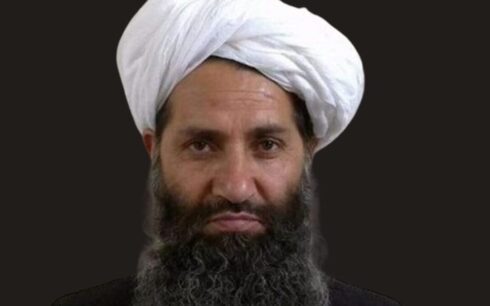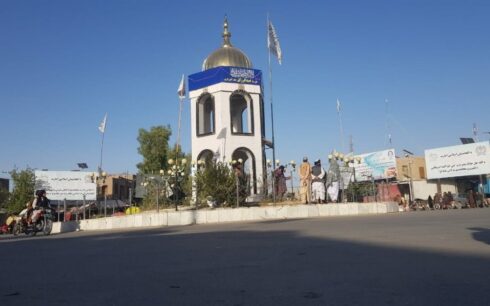The European Union and the UN Refugee Agency (UNHCR) have signed a €36 million agreement to assist displaced Afghans and host communities in Afghanistan, Iran, Pakistan, and Central Asia. The initiative aims to provide essential protection, livelihood opportunities, and basic services to hundreds of thousands of Afghan refugees, returnees, and internally displaced persons (IDPs).
According to an EU statement, the funding is part of a broader €110 million UNHCR program addressing the needs of one of the world’s largest refugee populations. Globally, 2.6 million Afghans are registered as refugees, with approximately 2.2 million residing in Iran and Pakistan. Within Afghanistan, an estimated 3.2 million people remain internally displaced, while hundreds of thousands have returned from neighboring countries since September 2023.
Veronika Boskovic Pohar, Chargée d’Affaires of the EU Delegation to Afghanistan, reaffirmed the EU’s commitment to supporting displaced Afghans. “This new contribution to UNHCR is part of a larger EU effort to provide essential services and opportunities for displaced women, men, and children both inside Afghanistan and in neighboring countries,” she said. “Our assistance will help improve living conditions for individuals and broader communities.”
The program will address Afghanistan’s ongoing humanitarian crisis, which remains severe despite the end of active conflict. The EU and UNHCR highlighted challenges such as gender-based violence, child labor, restrictions on the rights of women and girls, and vulnerabilities to climate change and natural disasters.
The three-year initiative, set to run from January 2025 to December 2027, will focus on durable solutions for displaced populations, promoting self-reliance and social cohesion. Key activities include registration, legal assistance, and access to basic services like health care and education. The program will also provide cash-for-work opportunities, microloans, and vocational training to foster economic independence, with a special emphasis on empowering women, girls, and vulnerable groups, including people with disabilities.
Arafat Jamal, UNHCR’s Representative in Afghanistan, called the agreement a significant step forward in supporting Afghan refugees and returnees. “Through these initiatives, we aim to provide not only life-saving assistance but also the tools needed for displaced populations to rebuild their lives and contribute to their communities,” he said.





